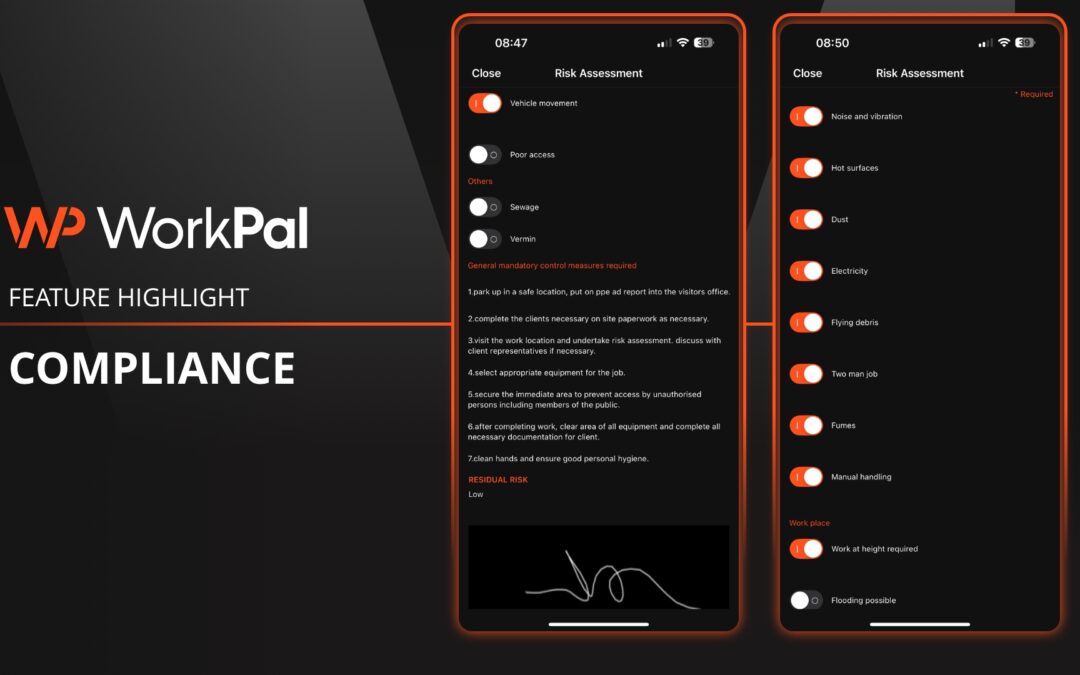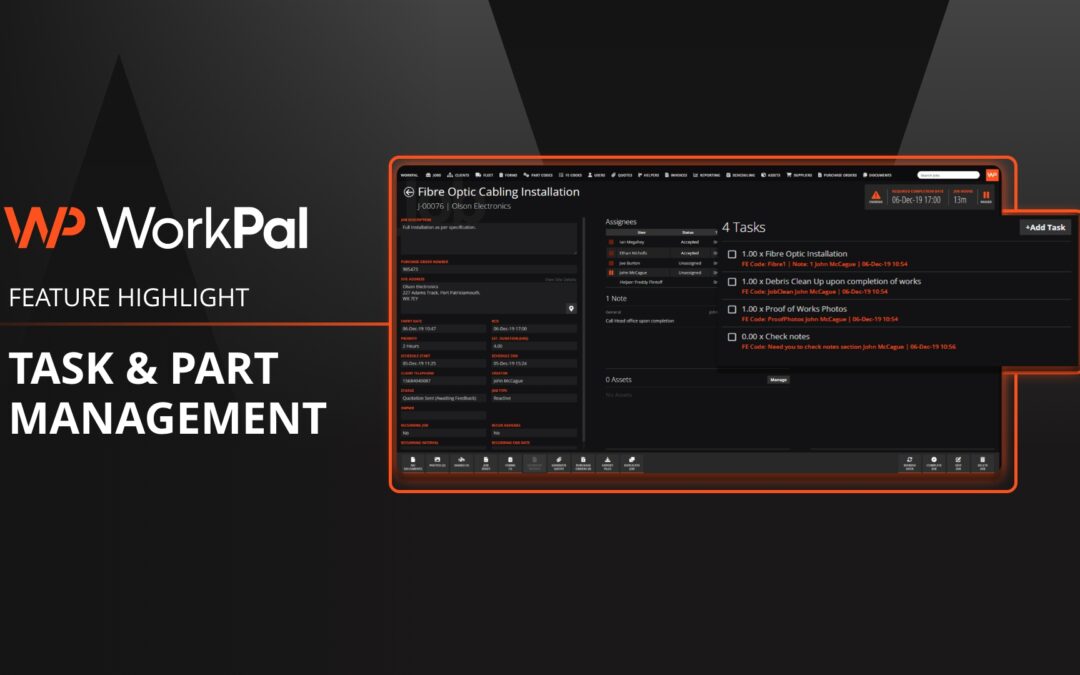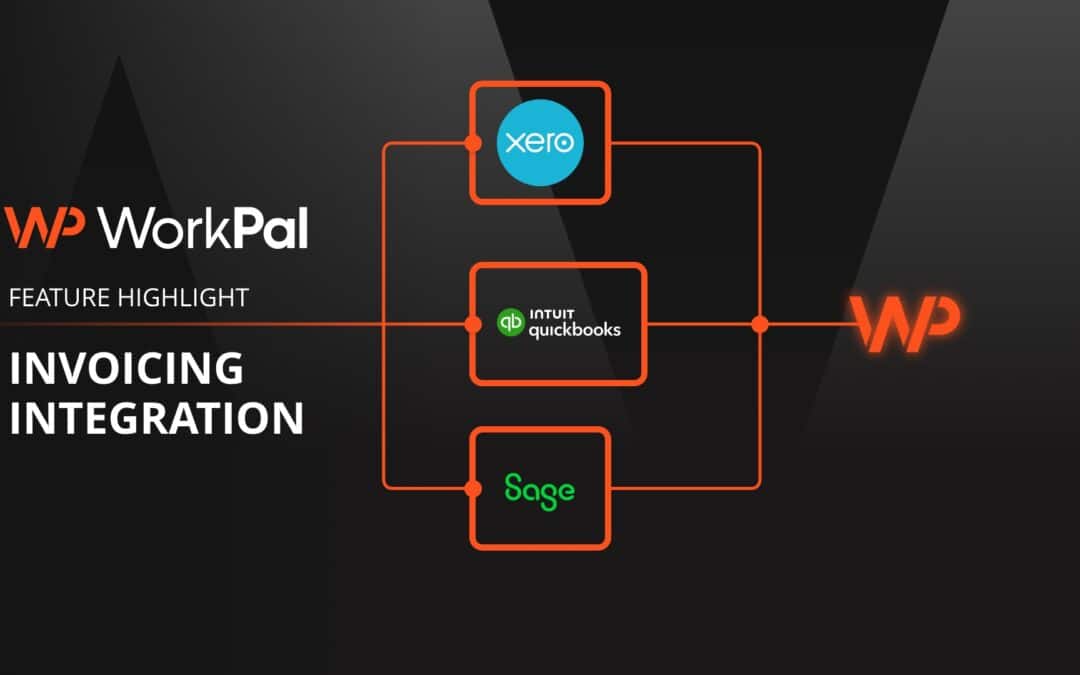As field service businesses progress, they inevitably outgrow many of the tools used to manage their service departments. While smaller businesses may manage with simpler field service software focused solely on break/fix work order completion and basic scheduling, larger and scaling operations necessitate a more comprehensive field service management software platform.
As your field service business expands, it becomes essential to assess whether your current software still meets your needs.
Solutions designed for smaller companies may lack the functionality required for more extensive and enterprise-level operations. Relying on such software can hinder growth due to manual input requirements and limited automation.
To stay in sync with your business’s growth, it’s vital to recognise signs that your existing field service management software may no longer meet the challenge. This awareness will prompt you to seek a more suitable platform that aligns with your evolving requirements.
Signs That Your Current Field Service Platform is No Longer Sufficient
Recognising the inadequacy of your existing field service platform is a crucial step towards ensuring your business’s efficiency and growth. Several signs can indicate that your current system is no longer sufficient.
For instance, you may notice an increase in manual processes, a sign that your platform is not automating tasks as effectively as it should.
Another red flag is a decrease in customer satisfaction rates, which could be due to slow response times or poor service quality, both potentially linked to an outdated platform.
If your platform is not scaling in line with your business growth, it’s a clear indication that you’ve outgrown its capabilities. These signs should not be ignored, as they directly impact your service delivery, customer satisfaction, and ultimately, your bottom line.
Teams Operate on Separate Systems
An observed trend is that many companies employ multiple systems for different departments. For instance, in the HVAC industry, several growing companies have distinct teams for everyday break/fix maintenance work and installation projections, each using different systems.
This practice results in limited visibility into both operations, hindering business owners from obtaining a comprehensive view of their business without accessing two systems. Additionally, it can force technicians to use two separate solutions or limit them to specific roles.
Relying on two systems for operations can lead to difficulties in obtaining necessary information. However, by transitioning to a unified platform, businesses gain access to a complete overview of their entire operations, including revenue generation and technician utilisation.
Evaluating Your Field Service Management Software Platform: Key Metrics and Indicators
Evaluating your field service platform effectively requires a keen understanding of the key metrics and indicators that reflect its performance and suitability for your business.
- Operational Efficiency: This can be measured by the time taken to complete tasks, the number of tasks completed per day, and the reduction in manual processes. A good platform should enhance your team’s productivity.
- Customer Satisfaction: This is a crucial metric that can be gauged through customer feedback, reviews, and ratings. A high-quality platform should facilitate excellent customer service, leading to higher satisfaction rates.
- Scalability: As your business grows, your platform should be able to scale with it. If your platform struggles to handle increased workload or adapt to your business’s evolving needs, it may be a sign that it’s time for an upgrade.
- Cost-effectiveness: Consider the platform’s total cost of ownership, including purchase price, implementation costs, training expenses, and maintenance fees. A cost-effective platform should provide a good return on investment.
- Data Analysis and Reporting: A robust field service platform should provide comprehensive data analysis and reporting features, enabling you to make data-driven decisions.
Remember, these metrics and indicators should be regularly monitored to ensure your field service management software continues to meet your business’s needs and contributes positively to your overall objectives.
Choosing the Right Field Service Management Software for Your Business Growth
Choosing the right field service management software is a strategic decision that can significantly influence your business growth. As WorkPal, we believe we can offer you the ideal solution to meet your needs.
Our platform is designed with Scalability at its core. WorkPal grows with your business, effortlessly handling increased workloads and adapting to your evolving needs without compromising on performance or efficiency.
WorkPal also prioritises Customer-Centric Features. Our platform is equipped with features like real-time tracking, efficient scheduling, and prompt customer communication, all of which significantly enhance the customer experience. This leads to higher retention rates and contributes to your business growth.
WorkPal also offers robust Data Analytics and Reporting features. This allows you to make data-driven decisions, identify trends, and strategize for growth.
Cost-Effectiveness is a key consideration with WorkPal. We offer a comprehensive solution that provides excellent return on investment, taking into account the total cost of ownership, including purchase, implementation, training, and maintenance costs.
At WorkPal, we align with your business goals, enhance operational efficiency, and facilitate superior customer service. Choosing WorkPal as your field service management software provider is a strategic investment that can propel your business growth. We invite you to experience the WorkPal difference.






